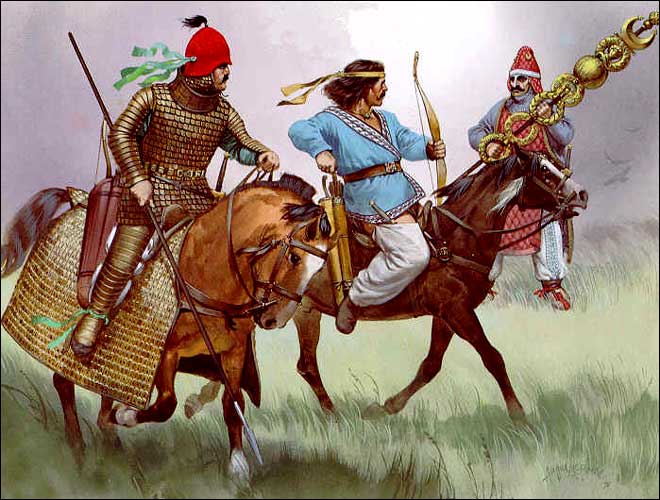King Phriapatius stood before the people of Persepolis and declared "The lands of Persia shall be free today! I declare independence from Greece and war upon them. A war of liberation on all those lands the Greek invaders continue to occupy!" Cheers greeted the king's words. King Phriapatius, first of his name, crowned himself on that day as Emperor of Persia.
Hordes of Parthian horsemen rode out to relieve Seleukeia Sushana of Greek rule, and from then on to the rest of Mesopotamia. The Kingdom of Armenia which held out its independence against Greek rule, joined the Parthian empire.
Before long, the army of Phriapatius reached Seleukeia Sushana to begin the first battle in this war of liberation.
The battle was swift but brutal. The Greek infantry divisions guarding the province were overwhelmed by the hordes of Parthian cavalrymen, immortals and the constant bombardment by massive catapults. Sush as it was once called before Alexander's army descended upon Persia, was liberated after over a hundred and fifty years of foreign rule.
The citizens would not greet this victory with peace. For four whole days they would indulge in the massacre and destruction of every remnant of Greek rule in Sush.
Before emperor Phriapatius left the throne, he would leave a vast, extensive empire covering the bulk of the Mesopotamian delta and the Persian gulf, stretching up to the Caucausus hills.
But the Greeks would not be so easily accept defeat. Before Antiochus departed this world, he would leave one last legacy. That of the subjugation of the Egyptian people. A scion of General Ptolemy was placed in the position of Viceroy over Egypt to administer the Southern Nile. They would join in the war against the Parthians. Persia now faced two foes in place of one. Greece... and Egypt.
An army of Greek infantry was seen crossing the deserts across Babylon to take back what they had lost.









 and there's so much happening ....
and there's so much happening ....